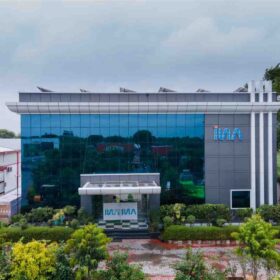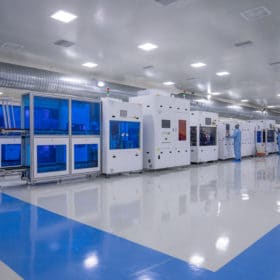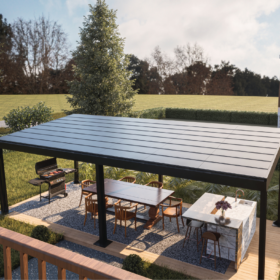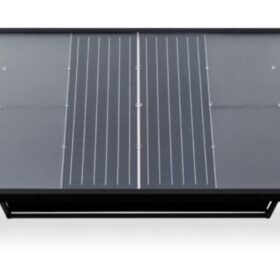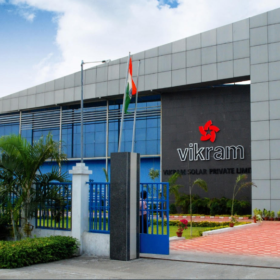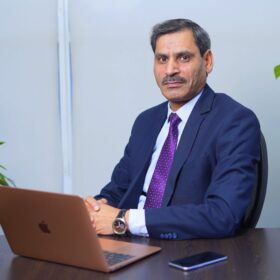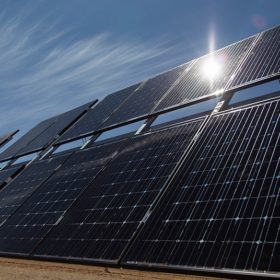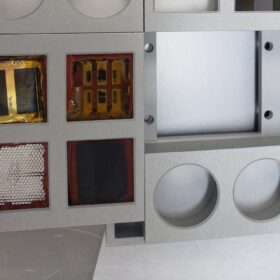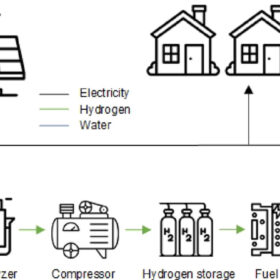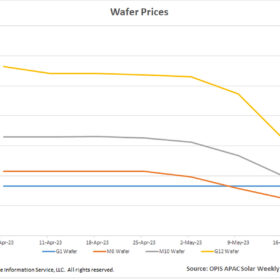Insolation Energy reports growth in revenue and profits in FY 2023
The Rajasthan-based solar panel manufacturer’s consolidated revenue grew 30% year-on-year to INR 280.05 crore (around $33.8 million) in FY 2022-23. Net profit surged 54% to INR 10.68 crore.
Premier Energies solar panels rated ‘Top Performer’ by PVEL
Premier Energies’ 88 modules spanning 400 W, 450 W, 500 W, and 540 W series qualified as Top Performer after PVEL’s rigorous Product Qualification Program.
Solar gazebo provides up to 4.3 kW of backyard generating capacity
Arka Energy’s new outdoor gazebo provides 2.4 kW to 4.3 kW of residential solar power via monocrystalline PERC solar tiles.
New solar panels produce water from humidity
US-based manufacturer Source Global has introduced a solar module technology that can produce drinking water from as little as 10% humidity in the air. The company says that its optimized technology can produce water in a range of conditions.
Vikram Solar modules top performer for fifth consecutive year
Vikram Solar’s Paradea mono PERC 144-cell bifacial glass-glass modules have won the Top Performer position in PV Evolution Labs’ 2023 PV Module Reliability Scorecard. With this, Vikram Solar has claimed the title for the fifth consecutive year and the sixth time in the last seven years.
Solarizing the telecom tower sites in India
Delta Electronics India is a leading power and energy management solutions provider for the telecommunications industry. Rajesh Kaushal, vice president at Delta Electronics India, speaks to pv magazine about solarization of telecom tower sites in India, Delta’s role in driving this transition with its energy management solutions, challenges, and the way forward.
Ircon Renewable seeks DCR-compliant bifacial modules for 600 MW DC solar project
Ircon Renewable Power is accepting domestic bids to manufacture and supply 530 Wp+ rated mono PERC bifacial modules for a 600 MWp PV project at Pavagada. The modules must comply with domestic content requirement. Bidding closes on June 14.
NASA makes unusual discovery while testing perovskite solar cells in space
NASA has discovered that perovskite solar cells tested in space exhibit less degradation than reference devices tested on Earth. The agency acknowledged that it is uncertain about the specific factors in the space environment that contributed to the superior performance of the perovskite absorber film.
Novel approach to PV-battery-electrolyzer-fuel cell systems
TU Delft scientists have proposed a new methodology for off-grid PV-battery-electrolyzer-fuel cell systems in remote areas.
Falling wafer prices continue to make headway for downstream prices
In a new weekly update for pv magazine, OPIS, a Dow Jones company, provides a quick look at the main price trends in the global PV industry.
